Interview: We’ve Got the Beat on Carmine Appice
Interview: We’ve Got the Beat on Carmine Appice
Psychedelic Scene’s Sean Graham:
Hello, Carmine.
Carmine Appice:
Yeah, boy. Yeah, right on the money. Three o’clock exactly.
I was watching the minutes tick by. I didn’t want to waste any of your time. I’m very grateful for you talking to me today. Not every day do I have the pleasure speaking to a bonafide icon, rock and roll legend, so I’m pretty thrilled.
Thank you very much. I appreciate it.
I’ve been a big … Go ahead.
No, no. I said, okay, let’s rock.
Okay. I’ve been a big fan, especially Vanilla Fudge. That was the first 45 I ever bought. It led me towards-
Really? Wow.
… rock and roll, and then Cactus, Cactus was one of my favorite bands at the time, and then of course your work with Jeff Beck. It’s just an incredible resume.
Thank you.
How did the Appice-Perdomo Project and the resulting album Energy Overload come to be? Were you two already friends who wanted to work together?
No. No, I didn’t know him from Adam actually. And the great producer Tom Dowd he was going to work with him before he passed away and then he passed away, and the time went by, and I knew Tom’s wife and daughter, and I would talk to them once in a while, and they called me out of the blue and said, “Look, there’s a guy named Fernando Perdomo that wants you to play on his solo stuff and Tom is going to work with him,” before he passed away.
We never had an argument about anything, and anything he would suggest I’d look at the logic of it, I’d say, “Yeah, that’s a good idea.”
He’s very talented. And at the time I just moved to Florida and I had a guest house that I built a studio in. I didn’t really build anything. I just put the drums in, put up a computer. My brother Vinny built me a computer and he set up the whole system at his house and they are were made by UPS, and I set it up and he taught me how to use it. You know?
Mm-hmm (affirmative).
So basically, when he called it was the perfect time because I was ready to do more stuff. I had done a couple of tracks in here at the time but nothing like … I think I did two tracks for Cleopatra, two tribute tracks for them, and I engineered it but I didn’t have the drum sound totally together yet. You know? And then, I got some old bass drums that I used to have in New York. I put them down here and pretty much I ended up getting a really good drum sound, but I thought it would be a good idea for me to play with Fernando on a record for nothing else.
I don’t normally play on records with unknown people. You know? I’ve tried to do that all my career. I play with people who had a following and maybe we can sell some records. You know?
Mm-hmm (affirmative).
But I heard him play, and I said, “Whoa, this guy’s really, really good,” so we started recording stuff and little by little one track and another track, and I would send him tracks, and he would send me tracks, and we got back and forth and before you know it we had 18 songs done, and they were instrumental and they were really, really cool.
So, I said, you know what? I’m going to go see if I can get a record deal, so I called my buddies at old Cleopatra Records. I said, “Look, I think it would be a cool idea to release this instrumental album. I never did an instrumental album in my life, and with this young kid, and he’s really, really good.”
So, I found some of the songs I said, “Wow, this is great stuff. Yeah, let’s release it.” And here we go, so we had a record deal. You know?
That’s great.
Yeah. And then, we had to pick the 12 songs out of the 18 songs, which ended up on the record, and they’d give us a very small part of video which, if you know the right people, it doesn’t cost you a lot to make a cool video. So, we made the first video and that came out great, and now we just released the second video, “Flower Child”, and that song came out great.
And that song started as a drum track because we got into some crazy stuff doing this because normally … The first song was written on my iPad and I sent it to them, and I had a clerk who had everything recorded, and he just did his version of it and sent it back to me and I put the drums on it.
But a few tracks–I just sent him a drum track to see what he can do with it, and “Flower Child” was one of them, and when it came back I said, “Wow, this sounds great.” You know? I sent it to my friend Suzi Quatro that wanted me to play on her record. She said, “Send me something new that you’ve done,” so I sent her that “Flower Child”. She freaked out and loved it and wanted to write lyrics and melody to it. Then I told her it’s going to be our single and video. She said, “Maybe I should hold off and do something else.” I said, “That’s cool too.” You know?
Yeah. That’s very cool.
So, she loved us. But it’s funny what she said. She said, “Is that who I think it is on guitar?” I said, “Who do you think it is?” She said, “I think it’s Jeff Beck.” I said, “No, it’s not Jeff Beck. It’s my partner Fernando.” She says, “Oh my god, this guy’s great.” I said, “Yeah, he is.” You know? It’s good. It’s some good shots. We haven’t really had a shot like this to play with someone like herself and putting together a whole new project with her. You know?
Yeah. That’s great. That sounds really great that you and Suzi Quatro the three of you might be working together. That would be something great, I think.
Yeah. It would be. I sent her some other song ideas. I haven’t heard back from her yet, but she’s open to whatever. She still wants me to play on her record, so that’s all good.
I can see why. It sounds like you had a really good experience working with Fernando.
I did.
How was it?
We never had an argument about anything, and anything he would suggest I’d look at the logic of it, I’d say, “Yeah, that’s a good idea.” Or some I would suggest, he looks at the logic of it, and said, “Yeah, let’s do that.” For instance, there was an Eddie Van Halen tribute song on the record. It was a straight ahead rocker. I said let’s change the time signature on that. Let’s make it like six four, so it makes it a bit unique, and he said, “Oh yeah, good idea.” It’s stuff like that, just off the wall. This song called “Little Havana”. Have you heard the whole record?
Yeah. I listened. I’ve been listening to it.
Okay, so you know the song “Little Havana” and then it’s “Big Havana”?
Yeah.
So, “Little Havana” was the song that he sent me, which I played it and it was a Latin rock thing. You know? It played pretty heavy with improvising in it. It’s like a jam band album almost. You know? And then, when it ended I said, “You know, I’m going to add something to it,” so I did a press roll and I went into this really fast uptempo double bass drum shuffle. You know?
And I said to him, “See what you can do with this,” and he added the guitars to it, and the melody and it came out great. He followed my accents, and where to jump, timing, turned it into a really cool piece of music, so now that’s “Big Havana”. So, after he did that I said, “I have some other drum tracks I could send you.” So, I sent him drum tracks. One of them was “Blown Speaker Boogie”, “Flower Child”, “Pure Ecstasy”, “Rocket to the Sun”. These were already drum tracks I recorded in my studio.
And he said, “Man, it was so easy to write to your drum tracks because they dictated where I was going to go next. You could tell where the verse was. You could tell where it was going to a chord change by the drum flow and the way you played after that.” And he said, “So it was really easy to write to it,” and I said, “Oh, great.”
So, that was interesting.
Yeah. It sounds like it. Any talk of further projects together?
Let’s put it this way: we already have six tracks down for another album.
Great!
Because we had 18 tracks. We put 12 down on this album so we have six others left over, and we’ll do another six, and we’ll have a second album.
That’s great.
And I think for the second album is when we’ll go out and do a few shows. You know?
Right. Yeah. That was a question I was going to ask. I hope I’m somewhere close to where you’ll be playing.
Where are you?
Tucson.
I don’t know. Maybe we’ll do Phoenix or something. You know?
Nobody knew who he was. He was unknown. They can’t imagine that John Bonham was unknown at some point, but he was unknown.
And then, playing with Jeff Beck, BBA, power trio we were killing it, which then we went on to … We’re in the curse of jazz rock. Right on the edge. And then, I worked with Jeff Beck on Blow by Blow, but we couldn’t work out a deal with the label and everything, so I couldn’t do it, so they took me off, and then it sold two million copies and I was really pissed.
Yeah. I bet.
A number one record was Rod Stewart that I co-wrote right in front of 20,000 people six nights. Just crazy. A lot of great stuff on there. I’m blessed. I had a great career. There was a lot of great people. Ted Nugent, Ozzy, Rod Stewart, Jeff Beck. It was great. You know?
Yeah. It’s incredible. Actually, I made up a list, and I made two lists, one of all the incredible talent you’ve worked with, and then another list of all the greats your brother Vinny’s worked with, put them side by side and compared them and it’s like is there anybody either one of these two hasn’t worked with? The list is impressive.
My list is longer. No, but it is impressive, and that’s what makes our Drum Wars show when we did our album. The album did pretty good, and we went over to Europe and we had a great show. I had a health issue at the time when … I had to come back. I had this really unbelievable hemorrhaging nosebleed that almost killed me.
So anyway, it was a pretty good tour up to that point. Luckily, we finished it.
Yes. That’s good.
Yeah.
You’ve got some live tracks with Jeff Beck that you were considering releasing. Is that right?
They are coming out. Jeff’s manager is working together with our manager, but we let his manager do it because he was a lawyer. We let him go out and get the deal. He said he had a couple of labels, big labels, major labels that wanted to, so he’s putting that together.
Look, I miss these things in 2018 in January so it’s like three years ago. It’s going to be four years in January. But I think he might be waiting for next year because next year is the 15th anniversary of me and Tim playing with Jeff Beck.
Yeah. That would be perfect.
Get more mileage out of it. Next year is the 15th anniversary of my instructional book Realistic Rock that sold 450,000 units, and that’s next year also. So, he says he’s very close to a deal.
That’s great.
And they’re also going to release the Japanese Live in Japan album at the same time, maybe in a mini box set kind of thing. You know?
Yeah. That would be very cool.
Yeah.
Yeah. You’ve been identified by a very impressive list of great drummers who claim you have their influence. Are there any of those that you find particularly flattering?
The Neil Peart one was great because everybody loved Neil. He was such a big drummer. Phil Collins.
Yeah?
He was another one. The Phil Collins one was interesting because in 1988 we did the 40th anniversary of Atlantic Records in Madison Square Garden. They had everybody playing there. They had Phil Collins play, and Vanilla Fudge, and The Rascals, and Led Zeppelin with Jason Bonham, and Yes, everybody. You know?
Yeah. That’s an awesome show.
When we got off the stage Phil Collins was right on the side of the stage and I was going near and he came up to me and said, “You don’t know how much influence you and this band has had on me.” I said, “Wow. That’s nice.”
Yeah. Yeah.
So, I love Phil as an artist.
Yeah. That’s great. And then I heard John Bonham had claimed you as a major influence. That has to be very flattering as well.
Yeah. That was nice of him. We took them on their first tour, Vanilla Fudge. We gave them their very first bunch of gigs, and then we toured with them again six months later as an equal bill, so we had quite a bit to do with Led Zeppelin.
Rod Stewart showed me how to write some better songs too. He’s a great songwriter, and would say “try and use an every day saying if you’re writing a song”.
When I met John he was nobody. Nobody knew who he was, but I really loved the triplets on his bass drum, and he said he got it from me, and I said, “I don’t do that,” and he pointed out on the record where I did it a few times. In those days, we didn’t work everything out. We just played whatever we felt. You know?
And then, we became friends. I called Ludwig and got him the same big oversize drums that I had because I started that. I was the first one to do that, and I had the gong and all that stuff. So, he got the same exact kit with the gong and everything. You know? And we became friends, and then all of a sudden six months later they were huge. You know?
Yeah.
And he had a double bass drum kit on that second tour, and when Robert and Jimmy told him to get rid of it, it became the Led Zeppelin drum set, so it was based off of my drum set. You know?
Yeah. That’s very cool. That’s very cool.
Nobody realizes that when he came out nobody, knew who he was. You know?
Yeah.
Nobody knew who he was. He was unknown. They can’t imagine that John Bonham was unknown at some point, but he was unknown.
Everybody was unknown at some point, right?
At some point, yeah. Exactly right.
Now, who do you consider influences on your style?
Me, as far as a drummer goes, Buddy Rich, Gene Krupa. Not rock guys, because there were not rock guys really. You know?
Mm-hmm (affirmative).
It’s the jazz guys. Buddy Rich, Gene Krupa, Joe Morello, Max Roach. Those are the four influences I have that created my style. My style influenced other people. It goes down the line. You know?
Yeah. Yeah. That’s very cool. That’s the influence I thought I heard too, the Gene Krupa when I first listened to Drums, Drums, Drums I was like this is great. A great style.
The reason why I use Richie Podolor to produce that album. I wanted to try and have a hit drum album and he produced and wrote “Teen Beat” and “Let There Be Drum”s by Sandy Nelson back in the ’60s, early ’60s, so I said I want to go with that guy because I want to get a hit drum single. Of course, I never got the hit drum single, but my dream was to become the Gene Krupa of rock which I think I kind of achieved. You know?
I agree.
With his showmanship and the crazy stuff I’ve done, my slam show, and solos, before drummers were doing that kind of stuff. You know?
Yeah, so that’s all very cool. That’s all the questions I have. Is there anything you’d like to add, anything?
Just that this album with Fernando, the Appice-Perdomo Project, APP, which is the APP. If people want to hear some really cool playing and good instrumental download the APP from iTunes. The album’s really awesome. And then, I’ve also got coming out in December my Guitar Zeus box set with three new songs, Sons of Apollo, and on keyboard playing like a guitar, Tommy Thayer from Kiss, and a new kid named Chris Biggiani from that new group called Kodiak. It sounds like Eddie Van Halen, along with Brian May, and Neil Schon, and Richie Sambora, and Steve Vai, and Slash, and all the great guitar players, Zappa, even Steven Seagal.
And that’s my album. It’s the 25th anniversary box set. It has every track. You can get the bundle with a T-shirt and a medallion, and a necklace medallion, autographed picture of me. It’s really, really beautiful packages. Remastered. It was all done analog. Some of the best stuff I think I’ve ever done.
Now, when you release these albums do you release them on your website or your Facebook page? Just wondering how people keep up.
No, this was on … I released Guitar Zeus just on my own label, maybe a few other ones, but I really don’t have the time it takes to really work it properly, so I shut the label down, and I moved Guitar Zeus over to a proper label, and they do proper promotion, and they’re people that work for them, PR people, and radio people.
So, that’s coming out on that label and either that or Cleopatra which is a real label to release that. You know? And you can get it on my website. I autograph it. I charge a little more money because I got to hire people to take it to the post office and all that stuff. You know?
I try never to put out crap.
I haven’t heard anything that you’ve done that I wouldn’t say was really, really good to really, really great, so yeah.
Carmine Appice:
The last time I put out records that are not very good was in the ’70s, KGB, with Mike Bloomfield and Ric Grech. It was all right. I really didn’t like that much. You know? It was okay. Worked with Rod Stewart. His albums are great. He was the voice, major voice. And he showed me how to write some better songs too. He’s a great songwriter, and would say “try and use an everyday saying if you’re writing a song”. You know? Look at the song Hot Legs, Passion, You’re in my Heart, Every Picture Tells a Story. You know? They’re all everyday titles. You know?
Mm-hmm (affirmative).
Move on Sexy. Every day titles.
Yeah. Listen, I want to thank you again for taking the time to talk with me.
Okay.
I’m drafting a review of the album and when that’s done then I’ll submit it to the publisher and I’ll let you know when it’s … If you prefer I can let John know.
Sounds good. Let him know, yeah.
Okay.
That’s beautiful.
Great.
Okay, man.
Listen, thank you again, and have a great weekend.
Related: Carmine Appice Interview by Jason LeValley
Psychedelic Skeletons in the Closet–Vanilla Fudge
Appice-Perdomo Project Facebook page
Gallery
Recent Articles

Loading...
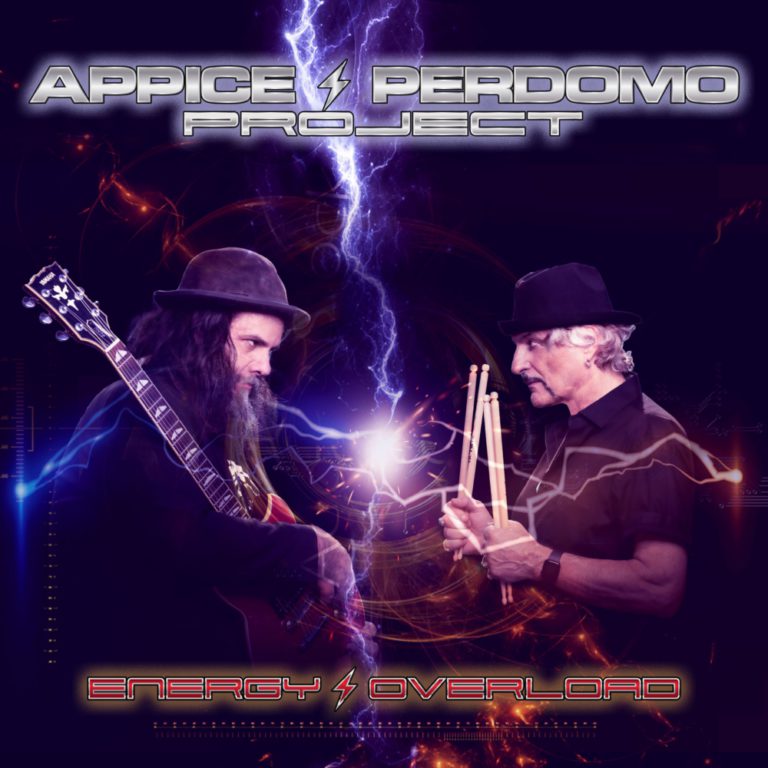
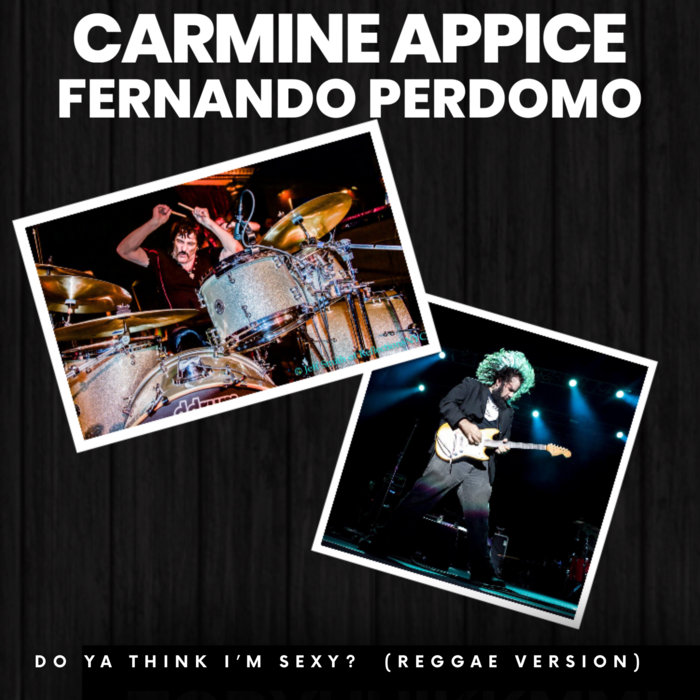
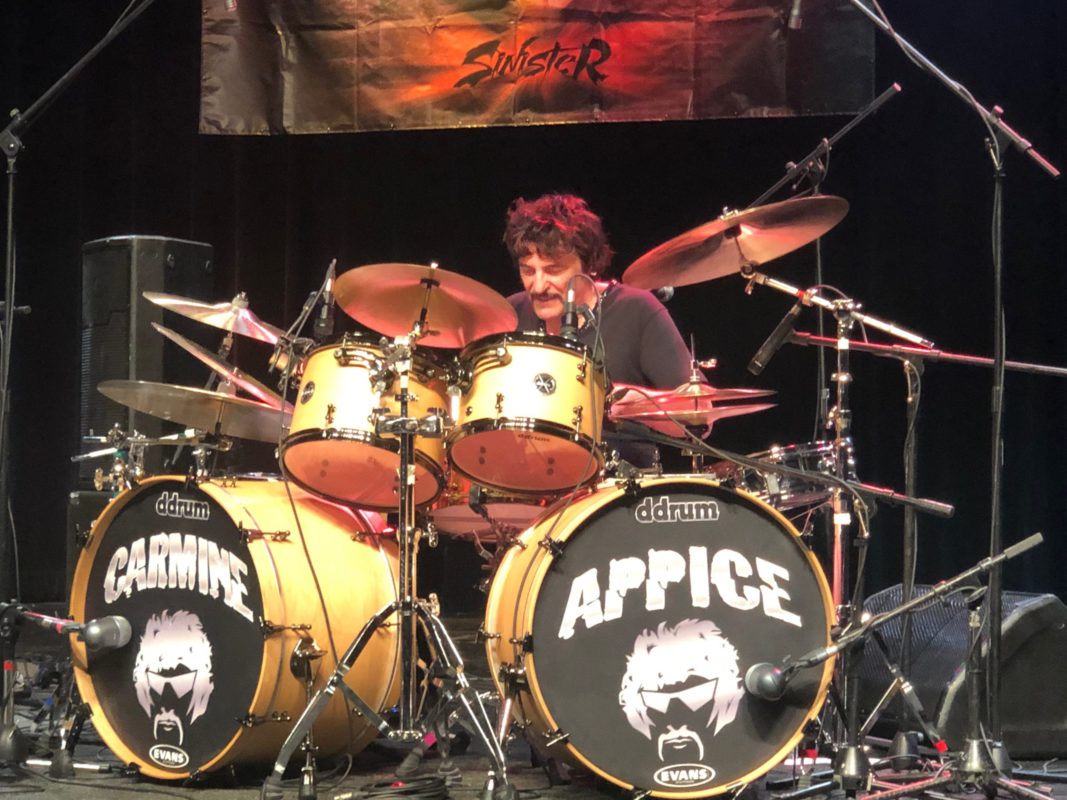

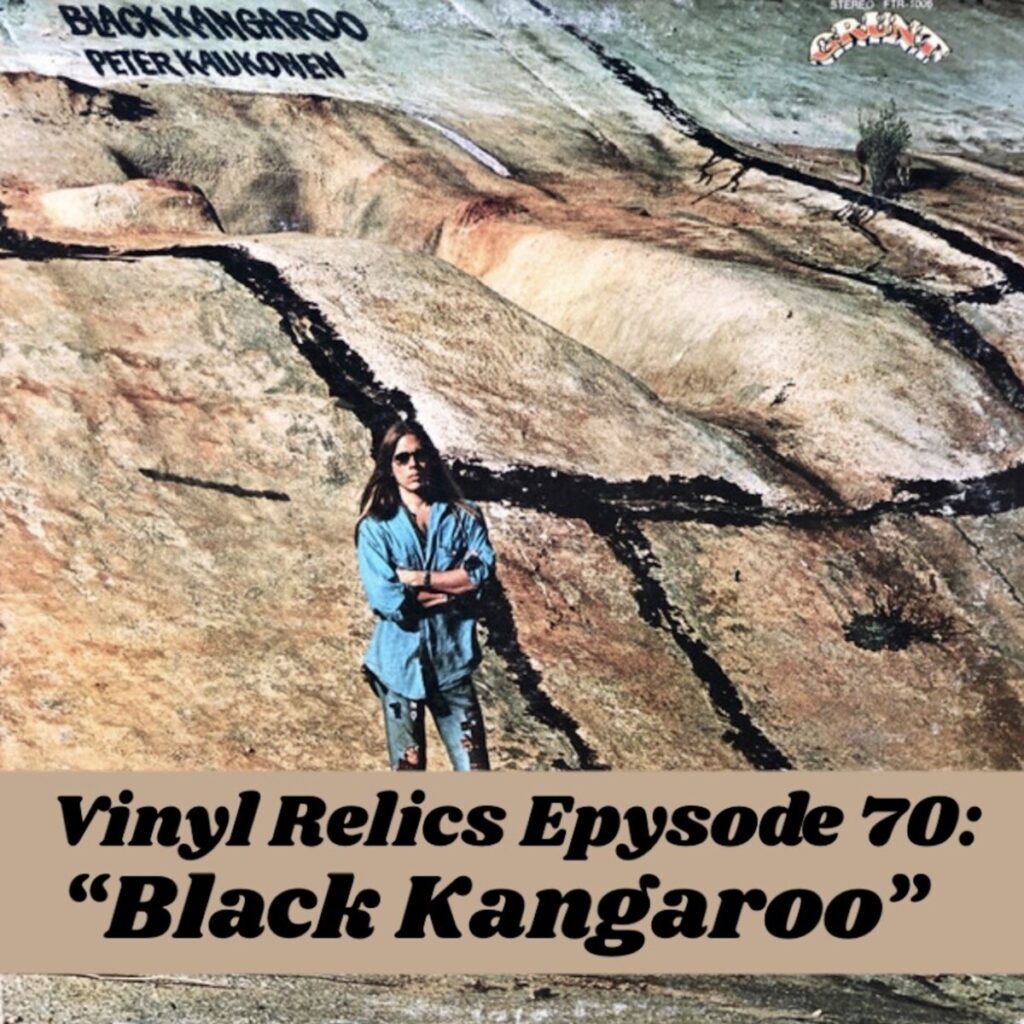
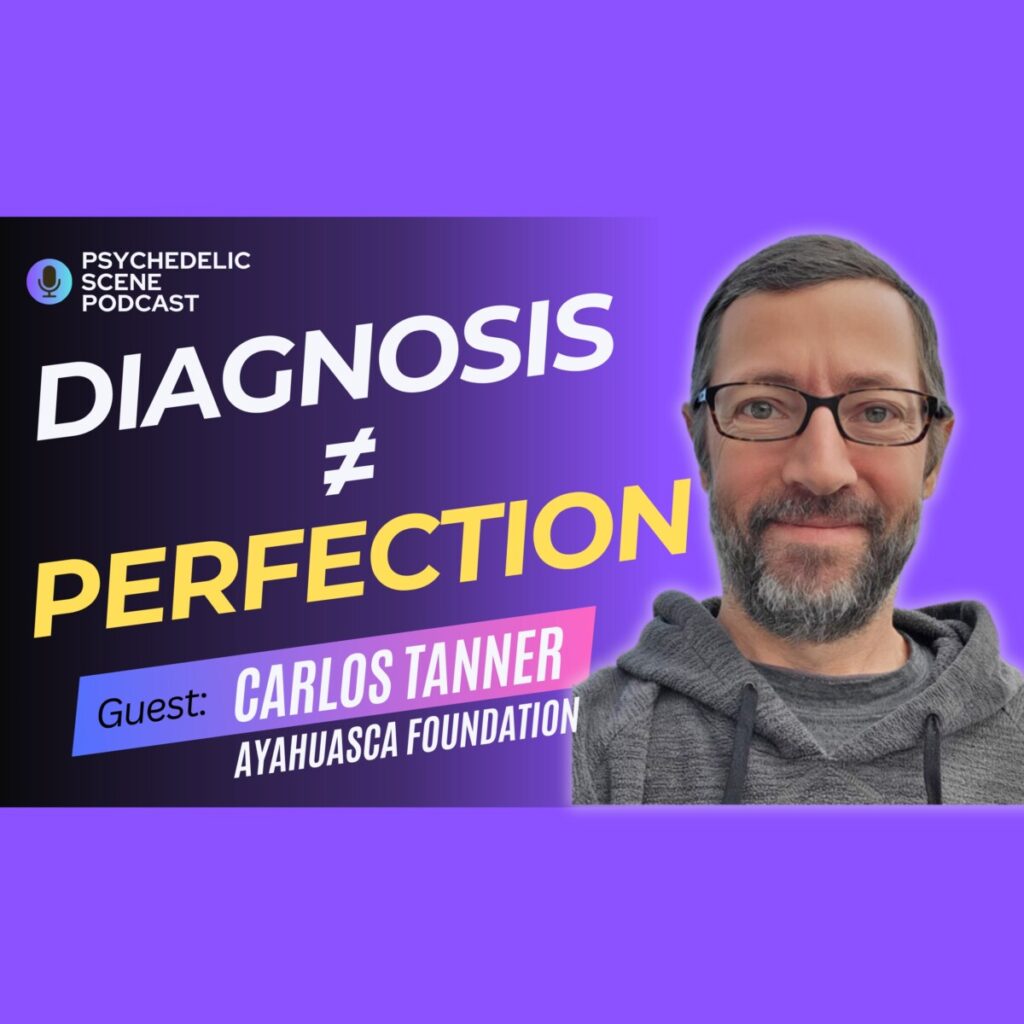

2 thoughts on “Interview: We’ve Got the Beat on Carmine Appice”
Awww…That’s wonderful to hear. Thanks for letting us know.
Sweet!